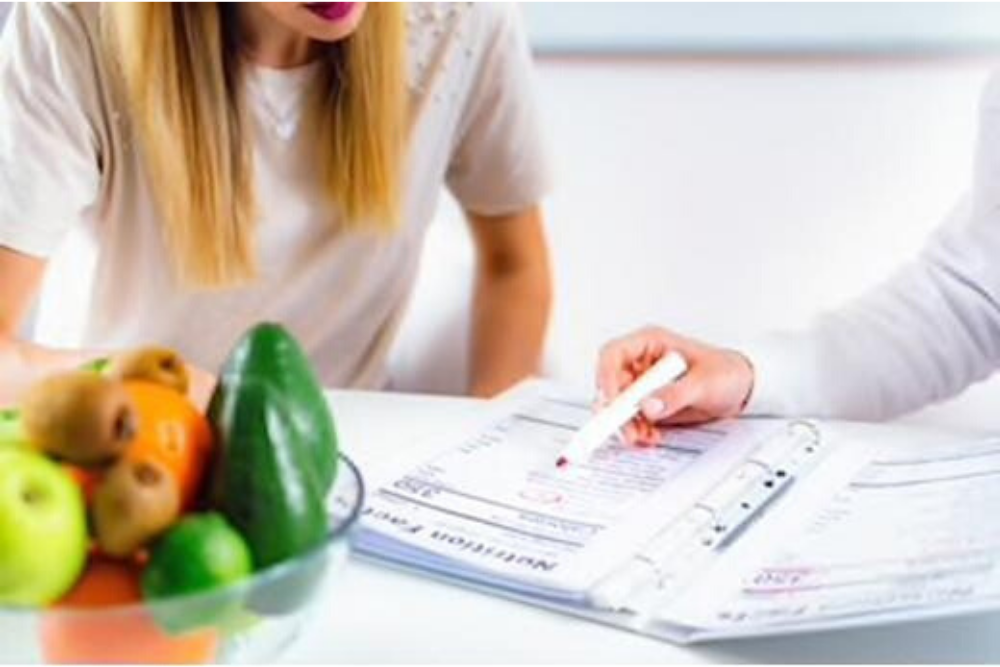Women’s health status is influenced by a whole range of different factors – biological, social, cultural, environmental and economic. Additionally, women have different health needs to men (as expected) due to our ability to become pregnant, menstruate and more.
In this blog I will briefly explain just some of the conditions that can effect women, and from a nutrition point of view, what we can do!
Fascinated? Make a cuppa and keep reading!
Nutrition for Women’s Health
Don’t get me wrong, we as women are amazing beings – we can grow a human inside our belly! But with this fascinating physiology, stems the possibility of complications and conditions that are unique to us.
Did you know that nutrition can play a role in the development, treatment and management of many of these conditions? Polycystic Ovarian Syndrome (PCOS),
Endometriosis, Menopause and menstrual irregularities, to name a few. Additionally imbalances in our hormones may also be effected by a variety of health complications, and we can use food and nutrition to help!
PCOS
Polycystic Ovarian Syndrome (PCOS) is an endocrine and hormonal disorder that affects up to 18% of women of reproductive age. PCOS symptoms are different in each individual and can include excess hair growth (or hair loss), acne, difficult weight management, menstrual irregularities (or lack of menstruation) and difficulties with fertility (March et al., 2010). These symptoms are generally caused by high levels of androgens circling around your body – androgens are a group of hormones, you may have heard of testosterone?
The hormone insulin is also an important player in PCOS. The high levels of circling androgens can lead to insulin resistance (Marshall et al., 2012). Insulin is a hormone, used by the body to move glucose from our blood into our cells, where it can then be used for energy. When insulin resistance occurs, the insulin is unable to complete this process efficiently, the pancreas will release more insulin, our blood glucose levels will rise – and the cycle continues. This does increase the risk of developing Type 2 Diabetes, however no need to stress, if we manage this early, you will lower your risk!
Each individual with PCOS will find that their dietary needs are different, as symptoms and their severity will greatly vary from one female to another. Therefore, your Dietitian will work with you to assess your symptoms and work out a dietary plan that is just right for you! Read more about PCOS here!
ENDOMETRIOSIS
Endometriosis (or endo as many may refer to it) is a condition that women face, where tissue similar to that of the lining of their uterus, grows on organs and other tissues of the body outside of the uterine cavity. This will generally occur within the pelvic region, and therefore has the ability to effect the reproductive organs (Jean Hailes).
Symptoms and severity will vary from individual to individual, and often include severe period pains (we all get cramps from time to time, but if it’s getting in the way of your daily life, go seek help). Women may also experience painful sex, irregular menstruation, pelvic pain even when they aren’t on their period and changes in urination or bowel movements, to name a few.
As the research gets stronger and stronger, we can see the link between nutrition and endo symptoms – particularly in generating an anti-inflammatory effect. Some of these foods may include antioxidants, omega-3 fatty acids, increasing fruit and veggies and upping our fibre intake.
MENSTRUAL IRREGULARITIES
Do you dread your monthly visitor – or do you welcome it with open arms? Perhaps you are someone who doesn’t experience regular periods, have experienced long times without a period, or may have never had a “natural” period?
Did you know that nutrition can play an important role in the regulation of our cycles? Go have a read of a blog I wrote with The Dietologist – explaining how nutrition can help get your periods back!
As a general rule, ensure healthy amounts of body fat (an unhealthy low body weight will send your hormones into a frenzy), don’t cut out carbohydrates (again can impact on hormones) and maintain healthy stress levels!
What can a Dietitian do for me?
Working with a Women’s Health Dietitian will ensure you are in tune with your body, and putting a great deal of important nutrition into it. Fueling your body with the right foods, will not only energise you, but will help to manage whatever health condition you are facing!
However, before going down this road, I highly recommend going to see your Doctor – it is always best to rule out any abnormalities, or get some answers and go from there!
As a Dietitian specialising women’s reproductive health, I can help you adapt your lifestyle and eating behaviours, to ensure adequate nutrient intake, and help you tackle health challenges that you are facing. Get in contact with me at kaylee@grownutrition.com.au and follow me on Instagram @grownutrition.au.
You may also like to read:









